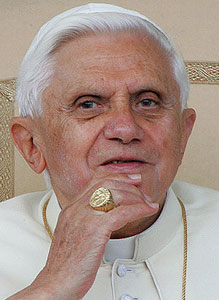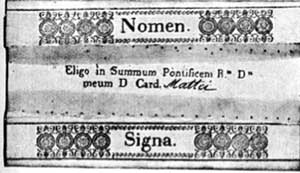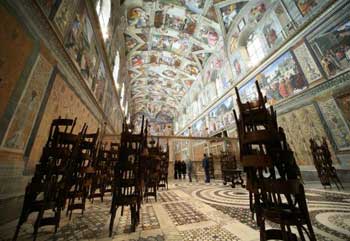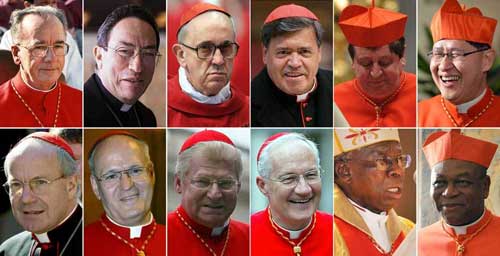 According to Vatican spokesman Lombardi, Pope Benedict XVI. is considering to issue a modification of the electoral code before his resignation. An earlier start of the conclave could thus be possible.
According to Vatican spokesman Lombardi, Pope Benedict XVI. is considering to issue a modification of the electoral code before his resignation. An earlier start of the conclave could thus be possible.
Pope Benedict XVI. is apparently considering “clarifications” to the upcoming March election of his successor. One point might, among other things, be the open question of whether the Papal Election should start before the March 15. “The Pope is going to verify the possibility of publishing a Motu proprio (decree) in the coming days,” Vatican spokesman Federico Lombardi said Wednesday in an interview with journalists.
Thus, certain points to the conclave, including the date and the liturgical sequence, could be clarified. However, Lombardi did not wanted to commit himself, wether the beginning of the conclave might be an issue in such a document: “I do not know,” said Father Lombardi, “if it would be necessary or appropriate to make a clarification on the issue of the time of the conclave.”
15 to 20 days waiting period provided
The conclave for the election of the head of the Catholic Church could start even before the usual deadline of 15 days after the beginning of the Sede Vacante (“empty chair Petri”), Lombardi said on Saturday. The period of 15 to 20 days to the beginning of the Conclave will give the voting Cardinals time, to travel to Rome from around the world. Since Benedict had earlier announced his resignation, the 117 voting Cardinals could adjust on an early arrival.



